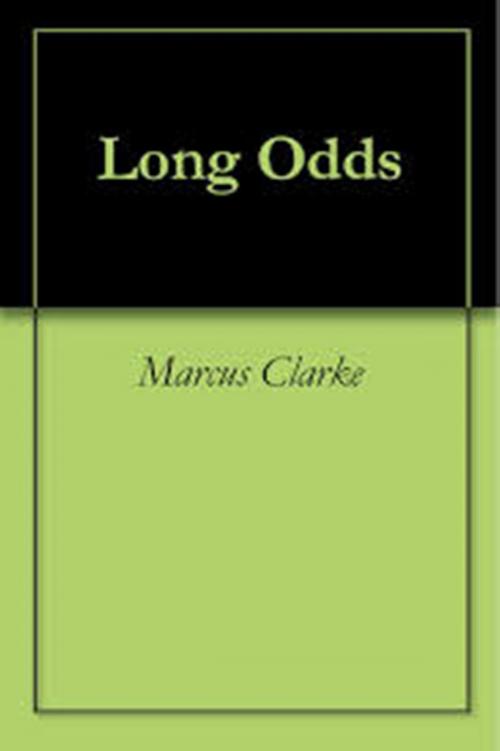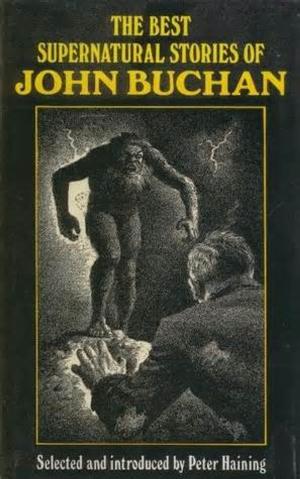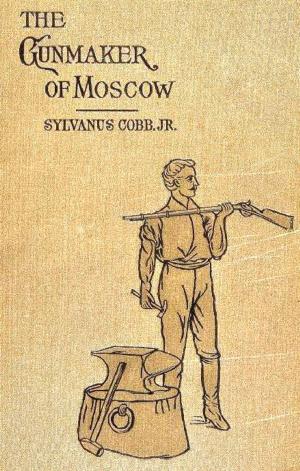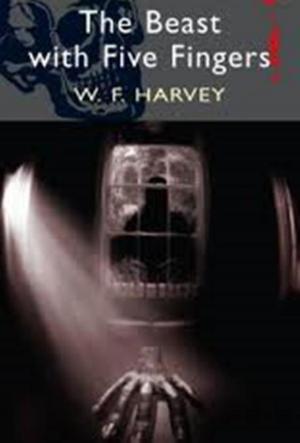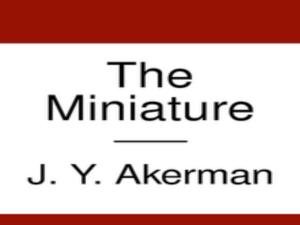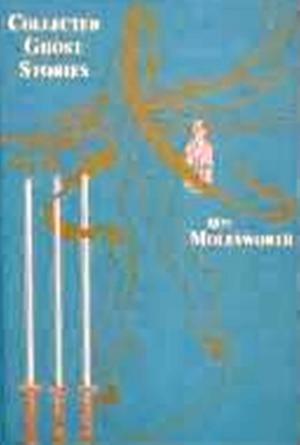| Author: | Marcus Clarke | ISBN: | 1230000148579 |
| Publisher: | WDS Publishing | Publication: | July 6, 2013 |
| Imprint: | Language: | English |
| Author: | Marcus Clarke |
| ISBN: | 1230000148579 |
| Publisher: | WDS Publishing |
| Publication: | July 6, 2013 |
| Imprint: | |
| Language: | English |
DYM-STREET, Cavendish-square, was not a pleasant locality. No man with
ten thousand a year, unless he was a misanthrope, a miser, or a
political refugee, would willingly pitch his tent there.
In old days Dym-street had been a fashionable quarter. The long
link-extinguishers fastened over the rusty iron railings, attested that
gay meetings had been held in those dreary old houses; that fair women
had danced there; that Corydon, in a long skirted coat, had handed
Phillis, in hoop and powder, to her sedan, amid a crowd of shouting link
boys, and pushing chairmen.
The glory had departed from it now. The tall houses still remained, but
their dreary, dusty windows, and melancholy, sombre doors, had
desolation written in every pane and every panel. No well hung barouches
stood at its doorsteps. No coachman gorgeous in calves and wig, squared
his fat arms and pulled up his foaming horses, to permit Lady Lavinia or
Lady Florence to recount the triumphs of a drawing-room, or to seek
repose after the fatigues of a ball. To be sure, Lord Ballyragbag's
mansion was situated at one end of the street, but as his lordship was
always either in Paris or Hombourg (his creditors allowed him £200 a
year to keep out of the court), its presence did not confer much
practical honour on the neighbourhood. Dr. Sangrado possessed a funeral
looking establishment close at hand, an establishment termed by the
doctor a "sanatorium," but which, with its black door and stained brass
plate, had the appearance of a huge coffin set up on end.
Mr. Lurcher Demas, the popular (condemnatory) preacher, lived in
Dymstreet, and preached sulphuric sermons in the wooden church next to
the gin palace at the corner. The Hon. and Rev. Vere St. Simeon was
presumed to live there too, but his duties calling him frequently to
visit his uncle the Bishop and his father the Earl, the work of the
parish--not a small one--was performed by Mr. Paul Rendelsham, a haggard
and conscientious curate on £80 a year. Anthony Castcup, the banker,
resided in Dym-street. A rich man was Anthony, but having gout in every
place but his stomach, and being restricted by his doctors to half a
snipe and a pint of champagne per diem, he did not impart much
liveliness to the locality. Miss Lethbridge--a woman of vast wealth it
was reported--lived next door to the banker, and sent tender inquiries
after his health by her apoplectic servant; inquiries which, I grieve to
say, were responded to with ungrateful rumblings and groanings of a
comminatory sort, by the inaccessible Anthony. A struggling barrister,
with a family of fourteen, occupied a house over the way (it was all
that was left to him out of a law suit, which had amused his family for
thirty years); but his wife being delicate and the children given to
infantile ailments, the knocker was eternally enveloped in kid, and the
roadway covered with tan and straw, giving a casual passer-by the idea
that the Great Plague had made a special settlement there, and that the
dead-cart, "loud on the stone and low on the straw," was momentarily
expected.
DYM-STREET, Cavendish-square, was not a pleasant locality. No man with
ten thousand a year, unless he was a misanthrope, a miser, or a
political refugee, would willingly pitch his tent there.
In old days Dym-street had been a fashionable quarter. The long
link-extinguishers fastened over the rusty iron railings, attested that
gay meetings had been held in those dreary old houses; that fair women
had danced there; that Corydon, in a long skirted coat, had handed
Phillis, in hoop and powder, to her sedan, amid a crowd of shouting link
boys, and pushing chairmen.
The glory had departed from it now. The tall houses still remained, but
their dreary, dusty windows, and melancholy, sombre doors, had
desolation written in every pane and every panel. No well hung barouches
stood at its doorsteps. No coachman gorgeous in calves and wig, squared
his fat arms and pulled up his foaming horses, to permit Lady Lavinia or
Lady Florence to recount the triumphs of a drawing-room, or to seek
repose after the fatigues of a ball. To be sure, Lord Ballyragbag's
mansion was situated at one end of the street, but as his lordship was
always either in Paris or Hombourg (his creditors allowed him £200 a
year to keep out of the court), its presence did not confer much
practical honour on the neighbourhood. Dr. Sangrado possessed a funeral
looking establishment close at hand, an establishment termed by the
doctor a "sanatorium," but which, with its black door and stained brass
plate, had the appearance of a huge coffin set up on end.
Mr. Lurcher Demas, the popular (condemnatory) preacher, lived in
Dymstreet, and preached sulphuric sermons in the wooden church next to
the gin palace at the corner. The Hon. and Rev. Vere St. Simeon was
presumed to live there too, but his duties calling him frequently to
visit his uncle the Bishop and his father the Earl, the work of the
parish--not a small one--was performed by Mr. Paul Rendelsham, a haggard
and conscientious curate on £80 a year. Anthony Castcup, the banker,
resided in Dym-street. A rich man was Anthony, but having gout in every
place but his stomach, and being restricted by his doctors to half a
snipe and a pint of champagne per diem, he did not impart much
liveliness to the locality. Miss Lethbridge--a woman of vast wealth it
was reported--lived next door to the banker, and sent tender inquiries
after his health by her apoplectic servant; inquiries which, I grieve to
say, were responded to with ungrateful rumblings and groanings of a
comminatory sort, by the inaccessible Anthony. A struggling barrister,
with a family of fourteen, occupied a house over the way (it was all
that was left to him out of a law suit, which had amused his family for
thirty years); but his wife being delicate and the children given to
infantile ailments, the knocker was eternally enveloped in kid, and the
roadway covered with tan and straw, giving a casual passer-by the idea
that the Great Plague had made a special settlement there, and that the
dead-cart, "loud on the stone and low on the straw," was momentarily
expected.
